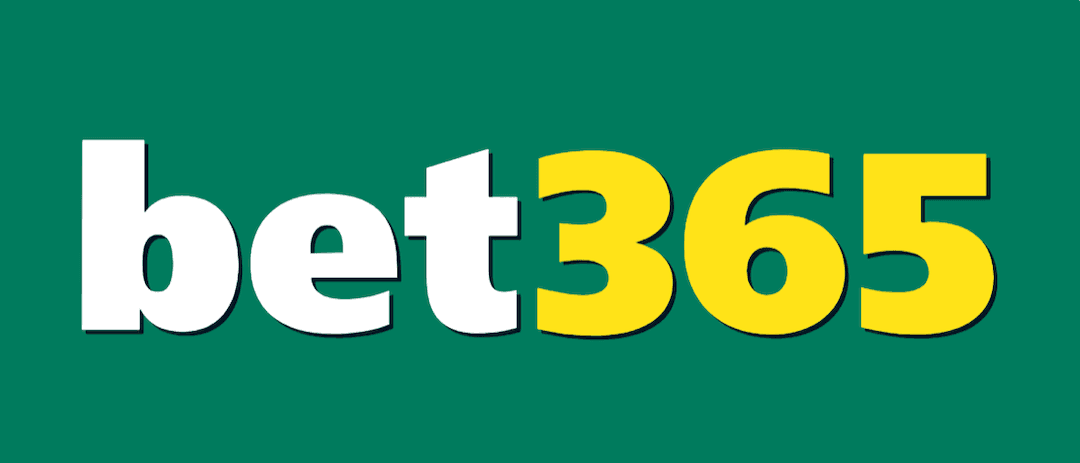
Turkmenistan 1-2 North Korea
19 March 2012, Dasarath Rangasala Stadium, Kathmandu AFC Challenge Cup Final Scorers: Berdy Shamuradov (Turkmenistan); Jong Il Gwang, Jang Song Hyok (pen) (North Korea) North Korea retained both the Unofficial Football Championships and AFC Challenge Cup titles with this hard-fought and deserved win over Turkmenistan. Pak Nam Chol was again the star man for North Korea, and there were remarkable scenes of celebration as captain Ri Kwang Chon lifted the trophy. The result also means that North Korea qualify for the 2015 AFC Asian Cup in Australia. The match was a repeat of the 2010 AFC Challenge Cup final. That game had been decided by penalties, with North Korea winning a shoot out. This game would also be decided by penalties, but there was no shoot out, with the decisive kicks coming just before the end of the 90 minutes. North Korea went into the final as favourites, following an invincible march through previous rounds. Although the AFC Challenge Cup is a tournament primarily for 'emerging' football nations, North Korea are actually categorised by the AFC as 'developed'. The Chollima lined up as expected, with the defence marshalled by captain Ri Kwang Chon alongside the defender Pak Nam Chol, the midfielder Pak Nam Chol (the tournament's outstanding player) attacking from midfield, and 19-year-old duo Pak Kwang Ryong and Jong Il Gwang up front. Basel striker Pak Kwang Ryong scored both of North Korea's goals in the semi final win over Palestine. Turkmenistan are classed by the AFC as 'developing', so again it was no surprise to see them brush aside their 'emerging' rivals and reach the final. Yazguly Hojageldiyev's side were looking for goals from their star man, 21-year-old midfielder Arslanmyrat Amanov. There was also a return for captain Berdy Shamuradov, who missed the previous match. Ahead of the game, Yun Jong Su provided us with another remarkable insight into his team's preparations: 'Turkmenistan is a good side and we have analysed their games and have prepared our tactics for the final accordingly.' The final was played in Kathmandu's Dasarath Rangasala Stadium, on a poor playing surface that had hosted the tournament's third place match just two hours previously (Philippines beat Palestine 4-3). The stadium holds 17,000, but there were many empty seats. Nepalese interest in the tournament dissipated swiftly after the hosts lost their opening two matches and were eliminated. Only 200 spectators watched North Korea's final group match here against India, although there were probably several thousand in attendance today. The match began at a frantic pace, and there was an early shock. Shamuradov raced into the North Korea penalty area in pursuit of a bouncing ball, swung his right boot, and sent a brilliant shot flying past Ri Myong Guk. Just two minutes gone, and it was 1-0 to underdogs Turkmenistan. It was the first goal North Korea had conceded in the tournament. North Korea responded by surging forward, and two excellent defensive tackles were required to prevent Pak Kwang Ryong from scoring, on the second occasion after he had rounded keeper Rahmanberdi Alyhanov. Tackles were flying in from both sides, and North Korea caused problems from free kicks. First An Yong Hak curled a 25-yard free kick around the defensive wall and just wide of the Turkmenistan goal. Then a Pak Nam Chol free kick caused havoc in the Turkmenistan box, but the ball was scrambled clear. The midfielder Pak Nam Chol was becoming increasingly influential for North Korea, and after 36 minutes he created the equaliser, brilliantly finding space on the left to whip in an excellent cross for Jong Il Gwang. There was still plenty for the young striker to do, but he flexed his neck muscles and got incredible power on his header, which flew past Alyhanov into the net. 1-1. The relief and delight from the North Korean players was amazing to witness, and they ran to the touchline to hug and celebrate like they had never before during the tournament. Chants of "Ko-re-a, Ko-re-a" came from the small crowd, and fans held up small pieces of paper bearing the letters K-O-R-E-A. Pak Nam Chol continued to impress as half-time approached, being at the heart of pretty much everything North Korea created. In the 43rd minute, he escaped from the defence and skilfully chipped the advancing keeper, only for the ball to sail inches over the crossbar. The Chollima continued to have the best of the play in the second half. Pak Nam Chol continued to attack both flanks, putting in dangerous crosses that his team-mates couldn't quite capitalise upon. But Turkmenistan created chances of their own, albeit mostly from long range. Most notably, an Amanov free kick from wide on the left curled over defenders and goalkeeper to clip the top of the North Korean crossbar. Overall, though, it was looking like we would head into extra time. Then, remarkably, the game burst back into life with two penalties within the last five minutes. First, Turkmenistan's Amanov was fouled in the area. Shamuradov stepped up to take the penalty, but the captain blasted his shot well over the bar. It was a horrible miss, and it would be catastrophic for his team. North Korea went straight up the field and won their own penalty, with big Pak Kwang Ryong being clumsily pushed over. Substitute defender Jang Song Hyok seemed a surprise choice to take the kick, but he stepped up and ultra-confidently smashed the ball into the bottom left corner. He raced away, arms aloft in celebration, followed by his team-mates. There were scenes of celebration on the Chollima bench, too. 2-1 to North Korea. There were four minutes of stoppage time to be played, but it seemed that the penalty incidents had knocked any remaining energy out of Turkmenistan. North Korea played the game out, and won, retaining both the UFWC and AFC Challenge Cup titles, and qualifying for Australia 2015. There were amazing scenes at the final whistle as the so-often reserved North Koreans leapt in the air, and hugged and grinned. They waved to cheering fans in the crowd, and then - remarkably - picked up coach Yun Chong Su and repeatedly bumped him up in the air in celebration. North Korea were also awarded the AFC Challenge Cup Fair Play trophy, and Pak Nam Chol was announced as the tournament's Most Valuable Player - both thoroughly deserved. Pak Nam Chol's class was the main factor that elevated this well-organised team above their competitors. There was a very nice moment on the field amid the celebrations as the Nepalese ball boys crowded around the smiling player to have their photo taken with him. Then came the trophy presentation. Victorious captain Ri Kwang Chon lifted the trophy above his head, with his cheering team behind him, and of course, in this fairly obscure football tournament, in a tiny stadium in Kathmandu, the tannoy played 'We Are The Champions' by Queen. So North Korea remain Unofficial Football World Champions after what has been a fascinating AFC Challenge Cup tournament. The UFWC was created to shine a light on some of the less celebrated areas of football, and in that respect this tournament has been absolutely perfect. Certainly, from the correspondence we've received, it seems that the fact that the UFWC title was up for grabs persuaded many viewers from around the world to watch a tournament that might otherwise have been largely ignored. North Korea have no fixtures lined up at the moment, so we don't yet know when the next UFWC title match will take place. When it does, though, you can expect full coverage here at ufwc.co.uk. You can also get updates via Twitter (@UFWC_Football) and our Facebook page. (I am also on Twitter (@paulbrownUK)!) In the meantime, you can take a journey through football history via the official UFWC book Unofficial Football World Champions. The book traces the lineage of the UFWC all the way back to the very first international football match in 1872, via hundreds of title matches involving great and forgotten teams, and celebrated and unsung players, uncovering plenty of unusual stories along the way. It's available in paperback and ebook formats. (There's also a Japanese translation.) You can find more information on our book page.




